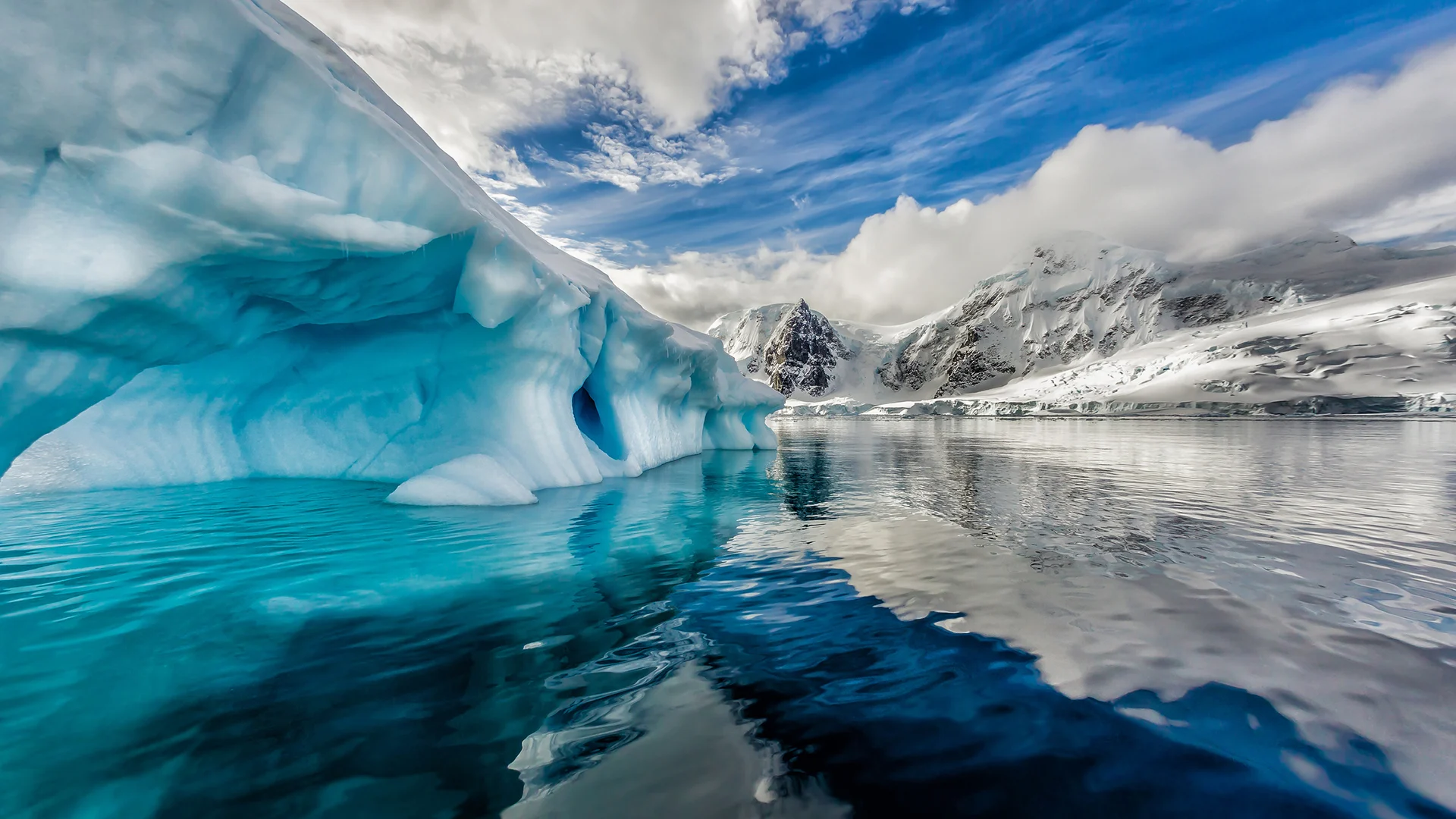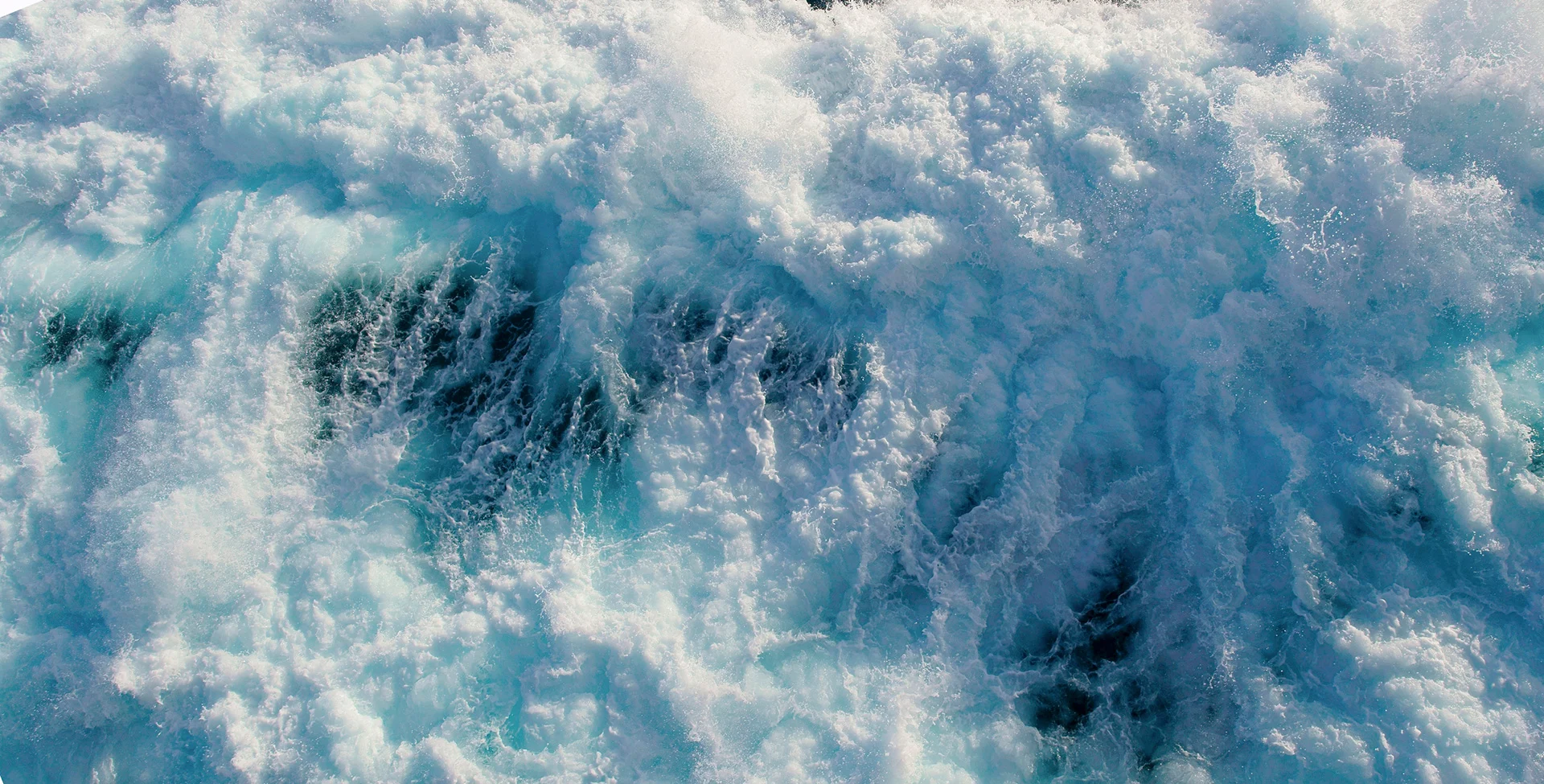
Scientists have discovered the cleanest air on Earth
As global greenhouse gas emissions increase, the places on Earth that remain untouched by human activity continue to shrink.
Researchers from Colorado State University say they have found the cleanest, most pristine air on Earth.
Samples of the marine boundary layer, which is the part of the atmosphere that interacts with the ocean, were collected when researchers travelled from Hobart, Tasmania and sailed within 40 km of the Antarctic ice edge.
The airborne microbes in the samples were analyzed and the researchers found that they were mainly marine microorganisms from sea spray. Airborne particles such as dust or pollutants can travel from land masses that are thousands of kilometres away, but remarkably, none of these were found in the samples.

Ocean swell near the Antarctic continent. Photo Credit: Getty Images
In the study, which was published in the Proceedings of the National Academy of Sciences journal, the scientists describe this area of the Southern Ocean as “truly pristine” since the microbes in the air mainly originated from the ocean.
The number of airborne bacteria from the Antarctic continent was low, which researchers say is because few very microorganisms live within the ice in Antarctica.
Researchers from Colorado State University say they have found the cleanest, most pristine air on Earth.
"Overall, it suggests that the [Southern Ocean] is one of very few places on Earth that has been minimally affected by anthropogenic activities," said Thomas Hill, research scientist and co-author of the study, in an interview with CNN.
Several factors including weather, climate, location, time of day, season and atmospheric composition influence the type of microbes that are found in the marine boundary layer.
The study says that the latitude of the sampling location and air temperature were the main factors that influenced the microbes in the sample, possibly because of how they are associated with the ocean.
Top Photo Credit: Getty Images












